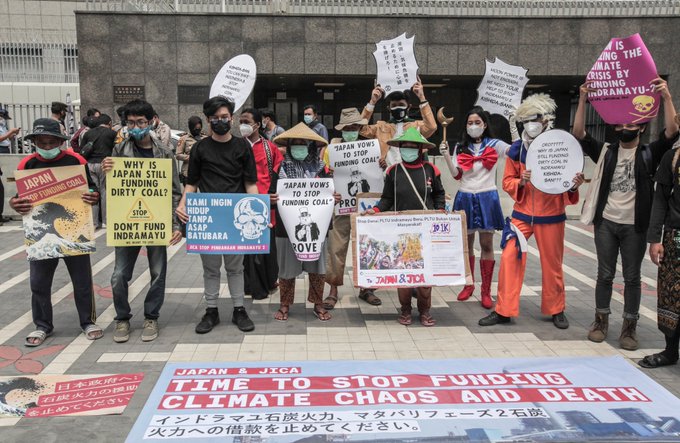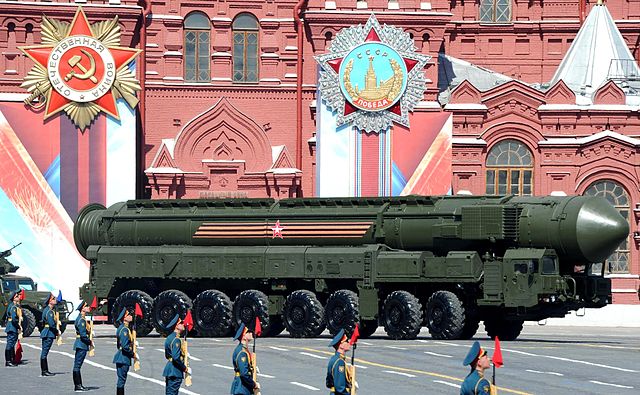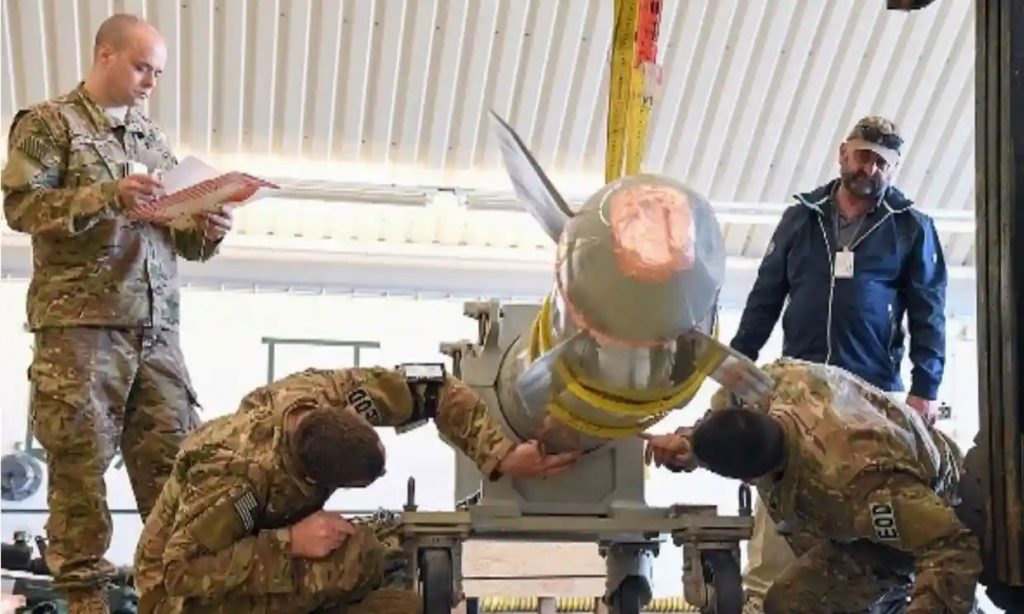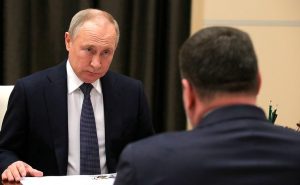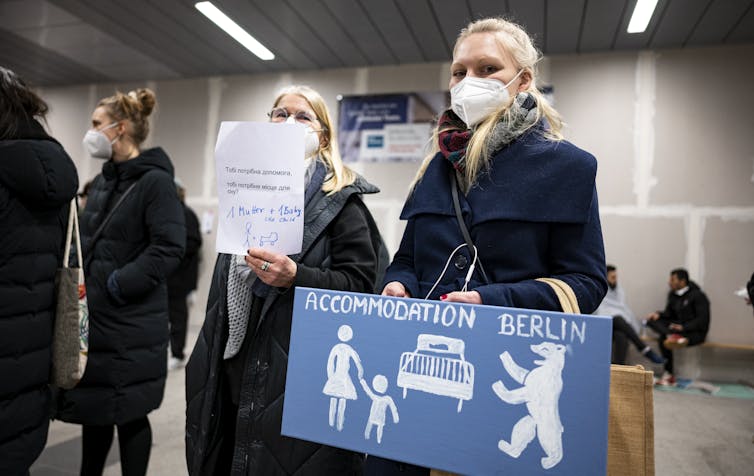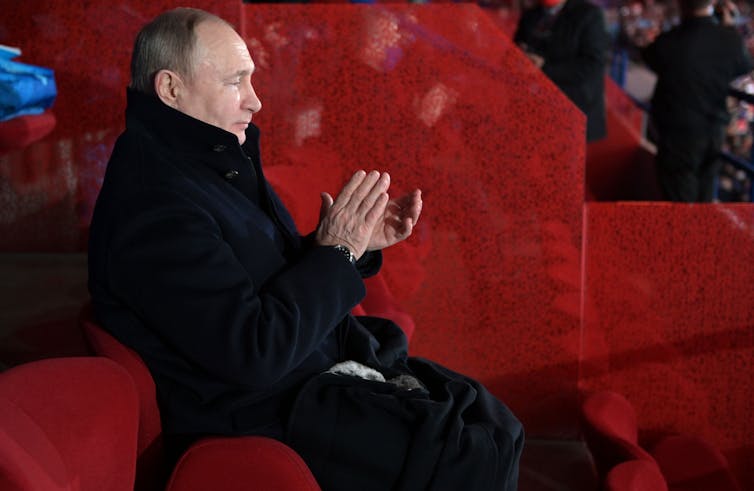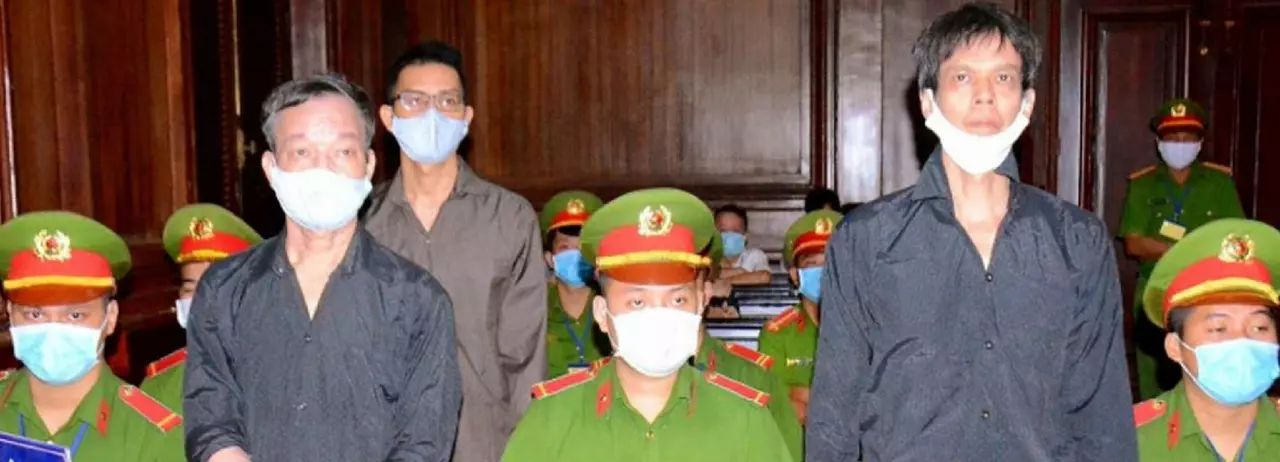Human Rights Watch examines how repressive governments use harassment, surveillance, and assassination to target dissidents.
By Jake Johnson. Published 2-22-2024 by Common Dreams
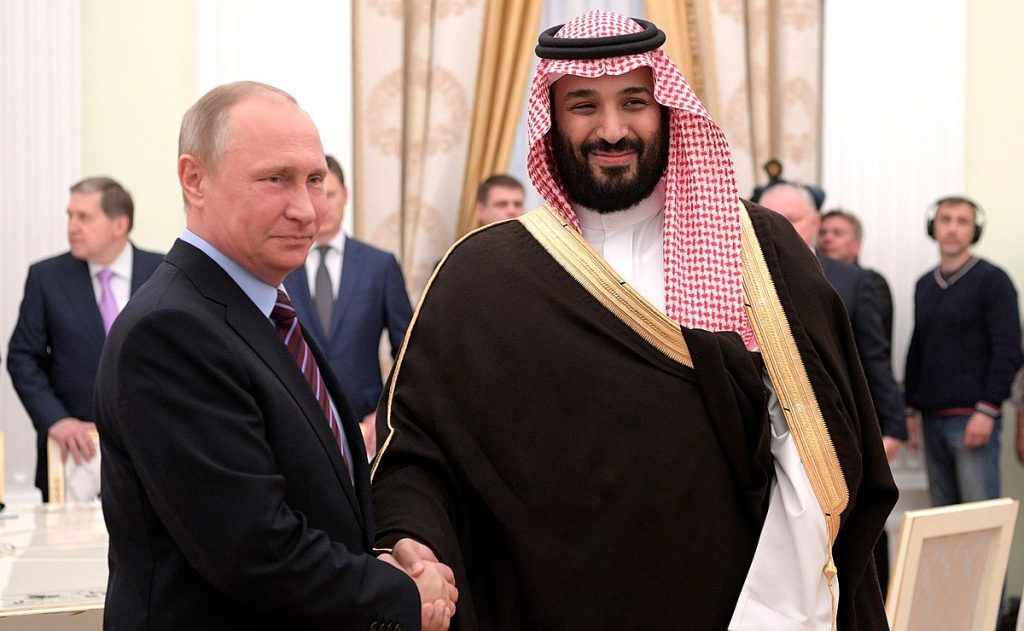
A report published Thursday by Human Rights Watch details how governments around the world relentlessly target dissidents, journalists, and others beyond their borders, resorting to threats, harassment, and even abduction and assassination to silence those perceived as threats.
“Transnational repression looks different depending on the context,” notes the new report. “Recent cases include a Rwandan refugee who was killed in Uganda following threats from the Rwandan government; a Cambodian refugee in Thailand only to be extradited to Cambodia and summarily detained; and a Belarusian activist who was abducted while aboard a commercial airline flight. Transnational repression may mean that a person’s family members who remain at home become targets of collective punishment, such as the Tajik activist whose family in Tajikistan, including his 10-year-old daughter, was detained, interrogated, and threatened.”
Continue reading

